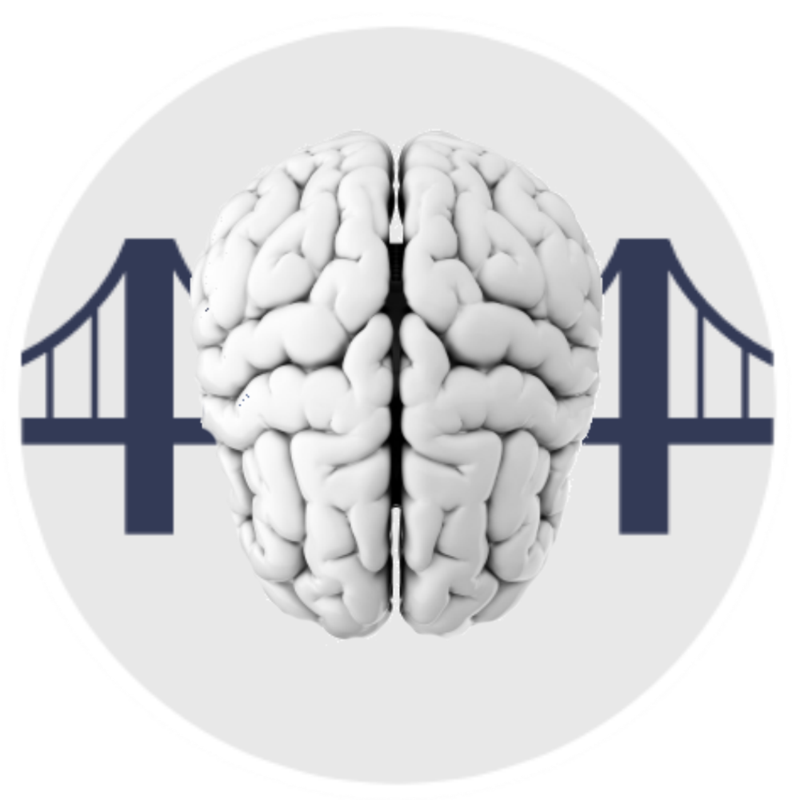Is Pleasure Making You Unhappy?
by Janet Zadina on 02/07/19
Are you engaging in a practice that causes momentary pleasure but can increase stress or depression? Are you experiencing pleasure at the expense of happiness? They are not the same things. Pleasure and happiness engage different areas of the brain and cause different chemicals to be increased. These chemicals affect our behavior and emotions differently. If you are like most people, you are engaging on a daily basis in a practice that provides momentary pleasure, but according to research makes you unhappier. Can you guess what that is? Technology! Our phones provide an addictive pleasure in the short term but increase unhappiness and stress. Many people are becoming addicted to their phones. The pathway of addiction in the brain is also called the reward pathway, the pleasure pathway, and the motivation pathway (see Multiple Pathways to the Student Brain). When you do something that gives you pleasure, the brain releases dopamine. Dopamine gives you an immediate reward which then motivates you to do it again. You do it repeatedly to get the reward. This can lead to addiction. Drugs of abuse activate this pathway. Cell phone usage is a dopamine simulator. Those alerts that indicate someone has texted or emailed cause a release of dopamine. But then the brain wants another “hit” and so keeps glancing at the phone. This behavior has become an addiction, especially in our students. The alerts also increase the release of other chemicals: stress hormones! They can raise anxiety and even increase depression. Focusing on the phone and getting constant bursts of feel-good dopamine affects engagement with people and experiences. We tend to miss out on the beauty and enjoyment of what is around us. We do this instead of engaging in behaviors that promote actual happiness, defined as contentment. Instead of constantly wanting more, we are happy and content. Please note: dopamine itself is not bad. When we engage in behaviors that enhance human survival we are rewarded with dopamine and pleasure so that we will continue to do these behaviors. We can increase the reward pathway with positive behaviors that raise dopamine in the classroom and improve motivation, such as making material novel, emotional, meaningful, or like real-life. We can create lessons that cause the student to use pattern-detection, such as figuring things out (See Multiple Pathways to the Student Brain). Dopamine is only bad when it goes from motivation to addiction. Cell phone usage appears to do that in some individuals. Activities that promote happiness also reward the brain via a chemical called serotonin. When your serotonin levels are high, you feel peace, contentment, reduced stress, and enjoyment. This is a state, not a quick burst. Happier people have higher serotonin. Serotonin decreases anxiety and counteracts depression. People with depression have low serotonin levels. Serotonin spreads to many areas of the brain and touches approximately 14 different receptors. This means that many things can make us happy in different ways. What kinds of activities raise serotonin? Giving to others increases it. When we help others or show kindness we get rewarded with feel-good serotonin. Sharing activities with others also raises serotonin, which includes spending time with family, friends, or even pets. Cooperation is another behavior that can increase serotonin. When we allow students to work with others or to do community service, we are helping them raise their serotonin. Engage in behaviors that brings you joy. As Marie Kondo says, “Does this spark joy?” I’m guessing that spending time on social media or our devices doesn’t, if you stop and think about it. As you go through your day, notice what makes you feel content and satisfied. These things raise serotonin. Ask what makes you feel you always want more and it is never enough. These might be raising dopamine.


